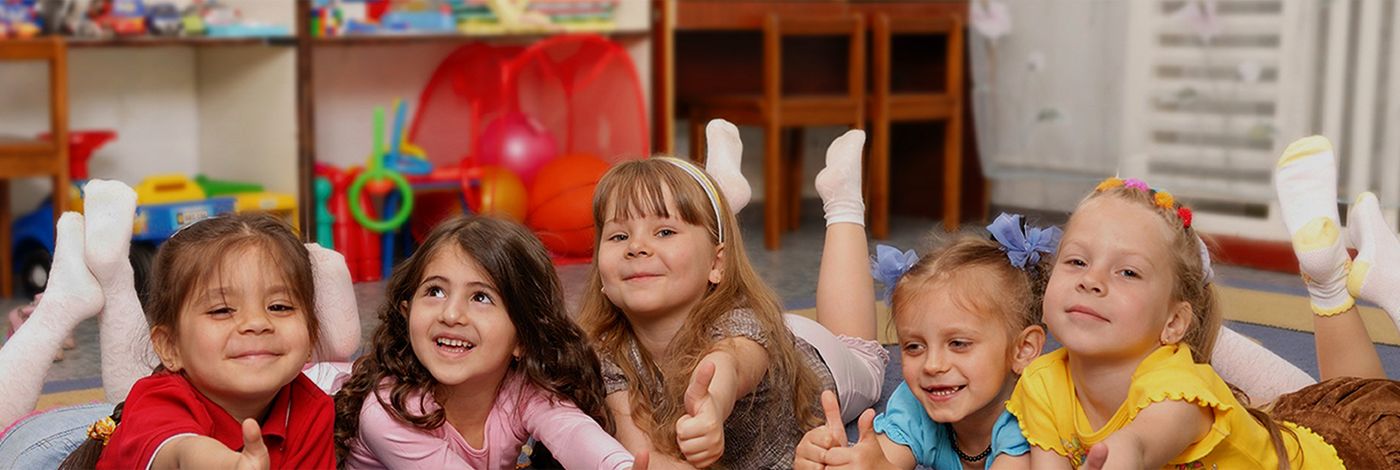When sending your child to an early childhood learning center or prekindergarten, there’s a good chance conflict and big emotions might come flying out. That’s completely normal and nothing to worry about as long as you’re there to help them handle these motions properly. After all, according to Brightly, preschool years are among the most important years in developing emotional control and self-regulation. Here’s how you can help your little ones handle this process.
Validate Their Emotions
No matter how tempestuous your child is feeling or if they’re acting seemingly unreasonable, there is a reason that they feel that way. Don’t tell them that they’re wrong to feel emotions because this might only cause them to repress legitimate feelings. Let them know it’s okay to feel frustrated and mad but also redirect them to acknowledge better emotional outlets.
Teach Emotions Very Young
Even before you send your child to an early childhood learning center or prekindergarten, it’s a good idea to sit down with them and talk about emotions. We strongly suggest that you find real-world examples that you can use to help them ground their emotions. Discuss times they were sad, happy, frustrated, and more. Discuss these feelings and how to express them properly and encourage them to trust their emotions.
Know a Child’s Triggers
Few people, even young children, react negatively emotionally simply to be “bad.” Instead, they have triggers that can cause intense emotions, which are things that may happen around your little one that makes them upset. Identify these triggers and talk about them with your little one so that they understand what to do when they experience these situations.
Teach Coping Skills For Difficult Situations
It’s never too young to teach little ones how to cope with their big emotions. Modeling is one of the best ways to showcase proper emotional skills. By this, we mean you should try to keep calm and react to your emotions effectively in front of your children. More active coping mechanisms include breathing exercises, going outside to play, and talking with a loved one.
Before sending your child to an early childhood learning center or prekindergarten, make sure you take these steps to help them prepare for the unique challenges of this experience. By helping your little ones feel more comfortable about their emotions, you make their experience even more enjoyable. Don’t hesitate to reach out for help if you think you feel a little overwhelmed and need support.





